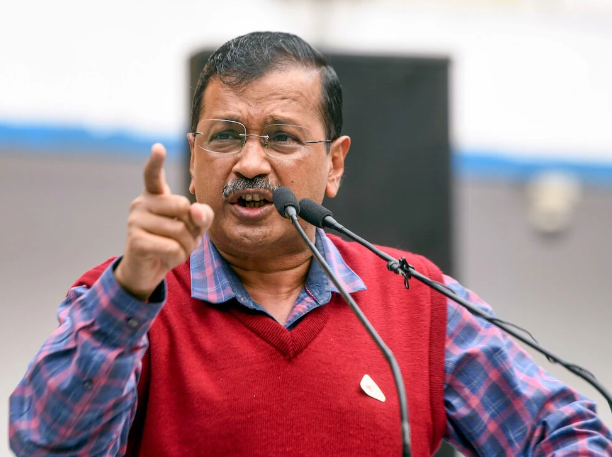
Delhi chief minister Arvind Kejriwal's arrest by the Enforcement Directorate (ED) in the delhi liquor scam case has made headlines, marking the first instance of a sitting chief minister being arrested while in office. While there were prior speculations about the possibility of arrest by the Central Bureau of Investigation (CBI), it was the ED that ultimately made the arrest.

Kejriwal's arrest has raised questions about the immunity granted to public officials in india and the legality of arresting a sitting Chief Minister. Observers emphasize that in the eyes of the law, every citizen, including elected officials, is equal, with no special provisions shielding them from criminal charges. Experts assert that if an individual, even if holding the position of Prime minister, is implicated in a criminal offense, they can be subject to arrest.
However, it's noted that the Constitution provides immunity only to the President and Governors from criminal proceedings during their term of office. Article 361 explicitly states that the President and Governors are not answerable to any court for acts performed in their official capacity and cannot be arrested for criminal offenses while in office. Legal action against them can only be initiated after their retirement.
Regarding the arrest of a chief minister, procedural aspects outlined in the criminal Procedure Code 1973 (CRPC) must be adhered to. While members of parliament enjoy immunity from arrest for 40 days before and after the sitting of parliament in civil cases, this protection does not extend to criminal cases. Kejriwal's arrest has sparked discussions on legal and constitutional principles surrounding the immunity of public officials and the accountability of elected representatives under the law.




 click and follow Indiaherald WhatsApp channel
click and follow Indiaherald WhatsApp channel